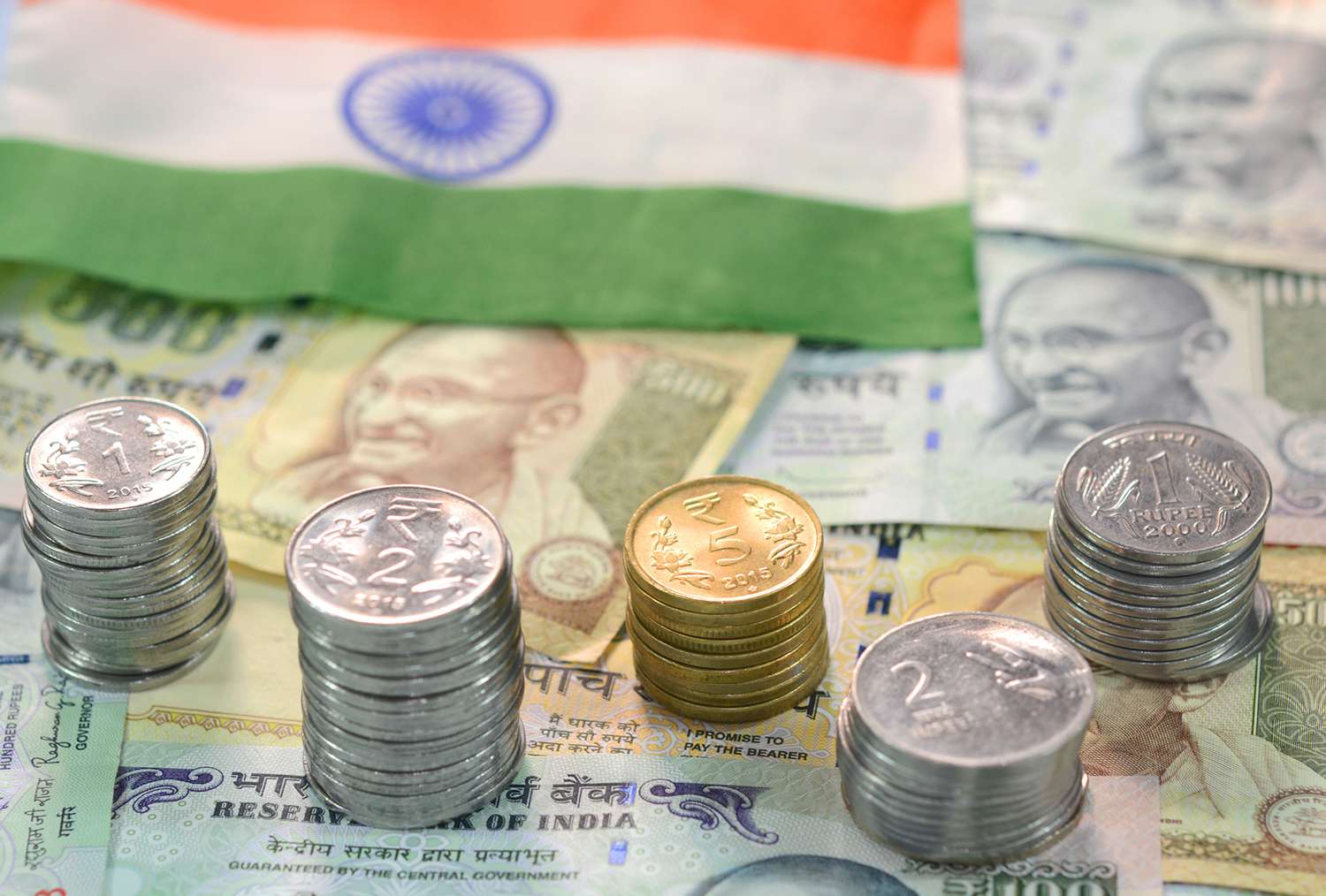Since the 1997 transfer of Hong Kong’s sovereignty from the UK to PRC, the Chinese state and the people of Hong Kong have sharply diverged in how they view the city’s place within the nation-state, and its people’s place within Chinese national identity. This piece explores the roots of that divergence, tracing how competing notions of identity and autonomy have shaped Hong Kong’s postcolonial history.
Since 1997, Hong Kong has occupied a rather uneasy geopolitical position in the world. Not quite a nation, but not quite belonging to one either, it is officially designated a Special Administrative Region of the People’s Republic of China, operating under a system called “One Country, Two Systems,” designed to safeguard a “high degree of autonomy” from Beijing’s rule. But what a separate “system” actually entails and what constitutes a “high degree of autonomy” has always been contested. It was hotly debated in the years before the handover, and since 1997, its limits have been consistently tested by Beijing and its allies in Hong Kong.
Disagreements over the promise and limits of autonomy came to a head in 2019, when millions of Hong Kongers took to the streets to protest what they saw as Beijing’s encroachment into Hong Kong’s domestic affairs, which threatened to erode the city’s distinct legal system, political system, and civic culture. And they escalated when, rather than retreat in response, Beijing doubled down, imposing a National Security Law on the territory that severely ramped up Beijing’s ability to control expression and suppress dissent in the territory.
At the heart of the tension between Beijing and the Hong Kong public are competing visions of Hong Kong’s post-colonial future when its decolonisation entailed its return to Chinese national sovereignty. Given Beijing’s reaction to Hong Kongers’ calls for more postcolonial autonomy, these conflicts are not going away anytime soon.
Hong Kong’s decolonisation: The view from Beijing
Beijing’s views on Hong Kong originate from its views on Chinese history. Today, national history is usually told as a singular historical narrative of thousands of years of civilisational continuity, from the first emperors to the PRC’s current government. Tied to this narrative is presumed territorial continuity: that the land and the people the PRC claims today, including Hong Kong, was not the result of colonial enterprise but, rather, has “always belonged” to China.
This history fuels a national identity that is tethered to history, land, and the Chinese political system. It presents Chinese national identity as homogenous, a seamless fusion of Chinese ethno-cultural identity, citizenship tied to place of birth, and allegiance to the current regime. The conflation of these three separate but interlocking sources of Chinese identity has allowed the state to wield national identity as a tool to demand political loyalty. An insult to the current regime amounts to an insult to the nation’s people and history; a challenge to China’s territorial claims is taken as a challenge to the very core of what it means to be Chinese.
Hong Kong occupies a unique position in Beijing’s imagined national narrative. It is at once unquestionably considered an inviolable part of the Chinese geobody, but it is also a symbol of one of the nation’s most important moments of historical trauma. In Chinese national histories, the Qing dynasty’s loss in the First Opium War and the subsequent British occupation of Hong Kong in 1842 began the “century of humiliation”; an era defined by the loss of Chinese sovereignty, territory, and dignity at the hands of Western powers. Hong Kong’s return in 1997, therefore, was a marked moment of triumph and a rectification of the sins of Western imperialism.
By framing Hong Kong’s colonial period as nothing more than an aberration to a broader civilisational narrative of unity, Beijing effectively denies Hong Kong’s independent history and identity. When forced to reckon with Hong Kongers assertion of an identity and a history separate from the PRC, at times they react with confusion—why would Hong Kongers need any identity aside from their national one—but more often with suspicion and hostility, viewing it as a slippery slope to separatism. And with the National Security Law now in place, Beijing’s allies in the Hong Kong government now have institutionalised tools to selectively treat expressions of identity as politically subversive, squashing them along with other kinds of dissent.
Hong Kong’s decolonisation: The view from Hong Kong
Of course, Beijing’s rejection of Hong Kong’s unique history and identity does not erase its existence. Since the 1970s Hong Kongers have fostered a distinct civic identity, emerging out of the city’s rapid economic development and the flourishing civil society. In the 1980s, as the end of British rule approached, a city-wide democracy movement aligned Hong Kong identity with respect for certain democratic values, such as the safeguarding of basic civil liberties and the right to free and fair elections.
The way Hong Kongers have developed their own identity over the past several decades has resulted in an ambivalent relationship with Chinese identity. On the one hand, many Hong Kongers view the Chinese Communist Party as a threat to the civic values that underpin their local identity. Opinion polls consistently show wide disapproval of the erosion of Hong Kong’s autonomy, and in the 2019 District Council elections—the last election to be held before the implementation of the National Security Law—pro-democracy candidates won in a landslide. And the more Beijing insists that Chinese identity requires political loyalty, the more Hong Kongers have grown wary at being called “Chinese” altogether, opting instead to identify as a “heunggang yan,” or Hong Konger.
Yet I think we ought to be cautious in translating this dissent into a blanket “anti-China” sentiment. Many Hong Kongers find meaning in a Chinese cultural identity tied to cultural values and a shared history. And for much of Hong Kong’s history, Chinese nationalism provided a powerful alternative identity to that of colonial subject. In the 1960s, leftist Hong Kongers launched a Maoist-inspired protest movement against British occupation, and in the 1980s, even as Hong Kongers pushed their own autonomous democratic government, few favored the continuation of British colonialism. Calls for Hong Kong independence were and are rare, laying far outside the Overton window.
What is left is a wide spectrum of views on Chinese identity. At one end are a growing minority of primarily young people who reject the identity of Chinese altogether. At the other, a small but vocal group of Hong Kongers who embrace a Chinese national identity that parallels how it is defined in Beijing. But most Hong Kongers exist between these two poles. They maintain a relationship with China that is both contextual and contingent, embracing Chinese identity when and if it suits, while rejecting the more jingoistic elements of Beijing’s vision.
Despite these divergent views, there is consensus on one point: Hong Kongers desire to define the balance between autonomy and national belonging without imposition from above. In this sense, Hong Kongers approach to decolonisation challenges us to imagine the meaning of autonomy and sovereignty beyond the narrow model of the nation state. Hong Kongers seek a path that stands in defiance of the obligations inherent in the binary, all-or-nothing nature of Chinese nationalism. It is, instead, a radical vision of self-determination that seeks alternatives to separation or submission.
What comes next?
Today, Beijing has forced Hong Kongers to make a choice: either accept Beijing’s narrow idea of Chinese identity wholesale, or be branded disloyal, subversive or even traitorous. It is a tragic distortion of the promise of self-determination and self-definition that decolonisation ought to bring. Instead of empowering formerly colonised citizens to forge their own future and construct their own identities from the ground up, Beijing has, instead, embraced many levers of control once wielded by the British. The result is that it has made it difficult, if not impossible, for Hong Kongers to feel empowered to embrace any Chinese identity, regardless of the shape it might take.
Yet we ought not to lose sight of how Hong Kongers have navigated the fraught terrain of post colonialism. Despite pressures to embrace the kind of Chinese nationalism normalised across the border, they continue cautiously and unevenly integrating contingent expressions of Chinese nationalism with assertions of local autonomy. As governments around the world turn to oppressive identity politics from the top down like Beijing, Hong Kong offers us a different vision: belonging without submission, and autonomy without the nation-state.
Gina Anne Tam is an associate professor of history and co-chair of Women and Gender Studies at Trinity University in San Antonio, Texas. She is currently writing a book about women activists in post-war Hong Kong. This article is based on her article in the Historical Journal, which can be found here.
This article is published under a Creative Commons License and may be republished with attribution.





